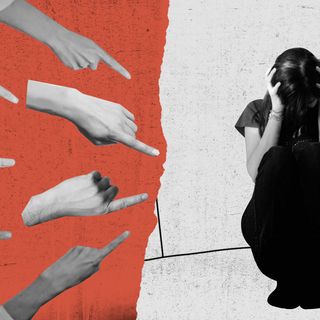On May 7, the German parliament passed a law banning the practice of conversion therapy for people under the age of 18, effectively outlawing the practice of making queer people undergo procedures aimed at changing their sexual orientation or gender identity. Those who break the law — individuals offering conversion therapy facilities — can face up to a year in prison, or a €30,000 fine.
Homosexuality has been decriminalized in Germany for more than 25 years, and same-sex marriage has been legal since October 2017. In banning conversion therapy, Germany joins countries such as Malta, Taiwan, Ecuador, and Brazil in taking queer inclusion one step further by criminalizing anti-queer discrimination.
Conversion therapy, also called reparative therapy, constitutes a range of unscientific, often dangerous practices, which can include lobotomies, chemical castration, electric shock therapies, and nausea-inducing drugs. It remains legal in most of the world. Subjecting people to such degrading procedures can increase the risk of suicide by nine times, and cause depression, anxiety, substance abuse, high-risk sexual behaviors, and self-hatred, according to the American Psychological Association.
Related on The Swaddle:
What A Transgender-Friendly Health Care System Would Look Like
The German ban on conversion therapy was spearheaded by the country’s Health Minister, Jens Spahn, who is gay himself. The move, however, was criticized by Germany’s The Lesbian and Gay Federation, which called the ban “insufficient.” The queer advocacy group called for raising the protective age limit to 26 instead of 18 and introducing criminal liability on parents and legal guardians who force their kids to undergo these procedures, in addition to individuals who offer such services. Also, “it remains unclear whether this includes measures that do not directly affect physically, such as exorcism or psychological manipulation,” the organization states. “Further measures are needed for effective social ostracism.”
While the concern displayed by Germany to better the lived realities of queer individuals is commendable, it’s clear the implementation of this law will determine how comprehensive and effective this mission will be in reality. The move also demonstrates it’s not enough to simply decriminalize homosexuality or legalize same-sex marriage. Legal acceptance has to be followed by societal acceptance, which can be bolstered by outlawing discriminatory practices that endanger the lives, dignity and mental health of queer people on a daily basis.




